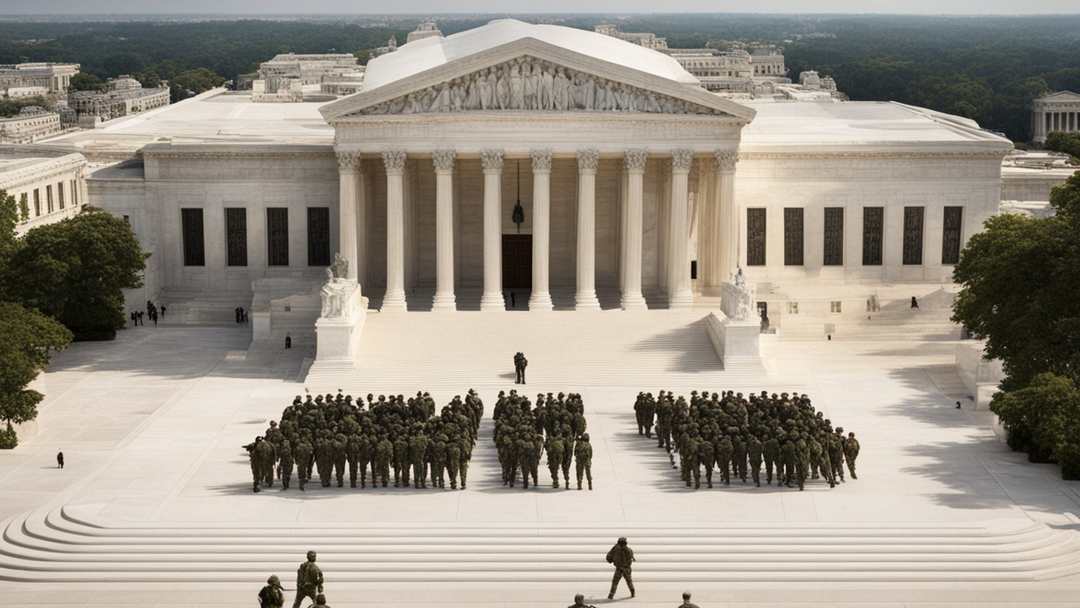Is the Michigan State Police really concerned about your criminal history privacy?
Here’s what they say on their website
The Michigan State Police (MSP) is committed to protecting the privacy of your potentially personally identifiable data (PPID) in a strong and meaningful manner. Our privacy policy is designed to inform both members of the public and our employees about the PPID information we collect, how we use it, how we maintain it in our systems, under what circumstances you may access or correct your own information, and what we may disclose to others.
Criminal History Information
Criminal History Record information includes name; date of birth; personal descriptions including identifying marks, scars, amputations, and tattoos; aliases and prior names; social security number, driver’s license number, and other identifying numbers; and information on misdemeanor arrests and convictions and felony arrests and convictions.
Pursuant to the Bureau of Criminal Identification and Records Act, Act 289 of 1925, MSP is responsible for procuring and filing criminal history record information on all persons arrested within the State of either a felony or a misdemeanor, or criminal contempt charge.
Criminal History information is available to criminal justice personnel and other entities, for both criminal justice purposes and other purposes specifically authorized by law.
Public Criminal History Record information can be accessed by the public through the Internet Criminal History Access Tool (ICHAT) at https://www.michigan.gov/ichat. ICHAT will not provide Criminal History information that is nonpublic or prohibited by law from being disseminated.
Information on how to obtain or correct your own Criminal History can be found here:
Criminal Justice Information
MSP may directly or indirectly collect potentially personally identifiable data from individuals in the course of performing its statutory duties. This information may exist on paper or electronically, and may be captured in written, audio, video, or other formats. This information is used for the sole purpose of administering criminal justice.
Criminal Justice Information is used and disclosed solely for Criminal Justice purposes, or as required by law. It is protected, retained, and used in compliance with the Federal Bureau of Investigations (FBI) Criminal Justice Information Systems (CJIS) Security Policy, the CJIS Policy Council Act (Act 163 of 1974), and other applicable state statutes.
Here’s what we say
Don’t talk to the police before, during or after your Miranda rights have been read without a lawyer present. If you do limit your information because what you say locks you into what you said. Just because you are not under arrest or being detained does not mean what you say will not be used against you.
Here is some information to review.
Legal Counsel and Your Rights
When facing legal challenges, particularly in criminal cases, it is advisable to seek legal counsel immediately.
An experienced attorney can provide guidance on how to navigate interactions with law enforcement while safeguarding your constitutional rights.
Since 1993 our expert legal defense in navigating criminal law matters and protecting your constitutional rights are what we eat for breakfast everyday.
Contact Komorn Law PLLC if you’re ready to fight and win.
Research us and then call us.
More Rights You Should Know

Are there exceptions that justify warrantless searches?
Exceptions to your 4th Amendment Rights against Search and Seizure (more to come).The Fourth Amendment of the U.S. Constitution safeguards citizens by prohibiting unreasonable searches and seizures and generally mandates the necessity of a warrant for such intrusions....

Supreme Court 8-1 Gun Possession Decision Changes Second Amendment
Supreme Court 8-1 Gun Possession Decision Changes Second Amendment Landscape Forever!Issue: Whether 18 U.S.C. 922(g)(1), the federal statute that prohibits a person from possessing a firearm if he has been convicted of “a crime punishable by imprisonment for a term...
Other Articles
The “Automobile Exception” in Michigan law
The "automobile exception" in Michigan law allows police to search a vehicle without a warrant if they have probable cause to believe it contains evidence of a crime.This exception is grounded in the idea that vehicles are inherently mobile, meaning evidence could be...
Can You Be Charged for Using Your Phone During a Crime in Michigan?
Your breaking the law if you are using a cellphone while driving. On top of that if you're committing a crime and you use the phone... You're in for a prosecutor's extra round of office high fives.Can You Be Charged for Using Your Phone During a Crime in Michigan?...
The search being challenged was triggered by the odor of cannabis
The case People of Michigan v. Freddie Wilkins III (No. 367209) revolves around a legal challenge regarding the search of a vehicle without a warrant.Police conducted a warrantless search under the "automobile exception."The case People of Michigan v. Freddie Wilkins...
Prohibited person possessing firearm
Thinking about going hunting? Not if you are a person who is prohibited from possessing a firearm in Michigan.In Michigan, certain individuals are legally prohibited from owning or possessing a firearm. Being caught with a firearm if you fall under this category can...
Carrying a Concealed Weapon in Michigan
Carrying a concealed weapon (CCW) in Michigan without proper authorization is a crime.Carrying a concealed weapon (CCW) in Michigan without proper authorization can lead to serious criminal charges. Michigan law has strict regulations regarding firearms, and violating...
MI Supreme Court Declines to Intervene in Public Records Dispute
Michigan Supreme Court Declines to Intervene in Public Records DisputeTeachers Union and School District at Odds Over Data AccessThe Michigan Supreme Court recently declined to hear a case regarding whether public school teachers' class materials are subject to the...
Felony Firearm Possession in Michigan
Felony Firearm Possession in Michigan.In Michigan, the laws surrounding firearms are strict, especially when it comes to felony firearm possession. If you’re charged with a felony and found to be in possession of a firearm during the crime, the penalties can be...
Charged with Involuntary Manslaughter for “Stopping” Thief
Charge with involuntary manslaughter for stopping thief.PEOPLE OF THE STATE OF MICHIGAN V. HASSAN WALID AIYASHCase Summary: This case revolves around a gas station attendant who was charged with involuntary manslaughter after a patron was fatally shot inside the...
















